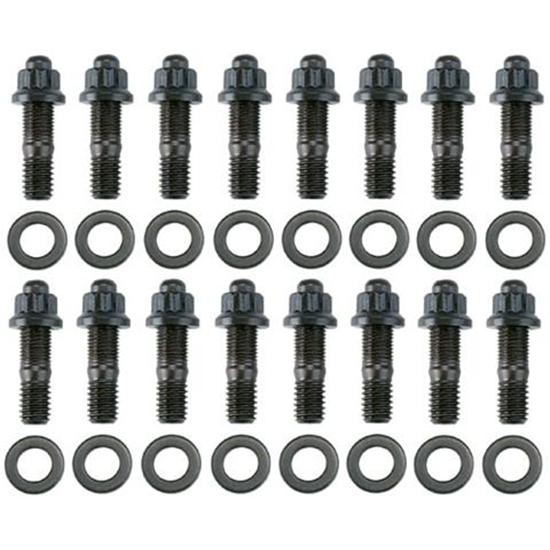Jeep 4.0Ls are known to be noisy engines, between piston slap and valve train noise, they make their own symphony of sounds.
My Jeep came with an aftermarket aluminum valve cover when I bought it. The stock cover for this engine is made out of stamped steel. My friend has an almost identical Jeep, same year and engine with about 10k less miles. His seems to have less valve train noise than mine, and he has the stock stamped steel cover.
My previous Jeep also had the steel cover and seemed quieter. I know aluminum helps dissipate heat better, but what material is a better sound barrier?
My Jeep came with an aftermarket aluminum valve cover when I bought it. The stock cover for this engine is made out of stamped steel. My friend has an almost identical Jeep, same year and engine with about 10k less miles. His seems to have less valve train noise than mine, and he has the stock stamped steel cover.
My previous Jeep also had the steel cover and seemed quieter. I know aluminum helps dissipate heat better, but what material is a better sound barrier?



